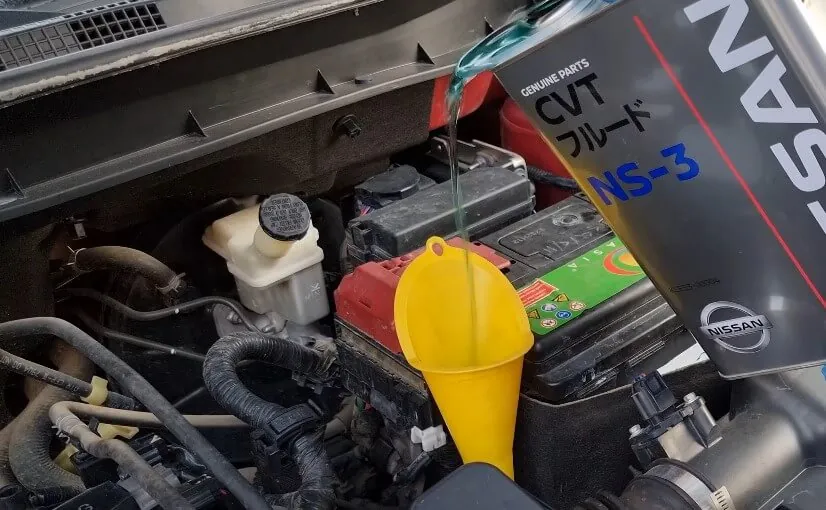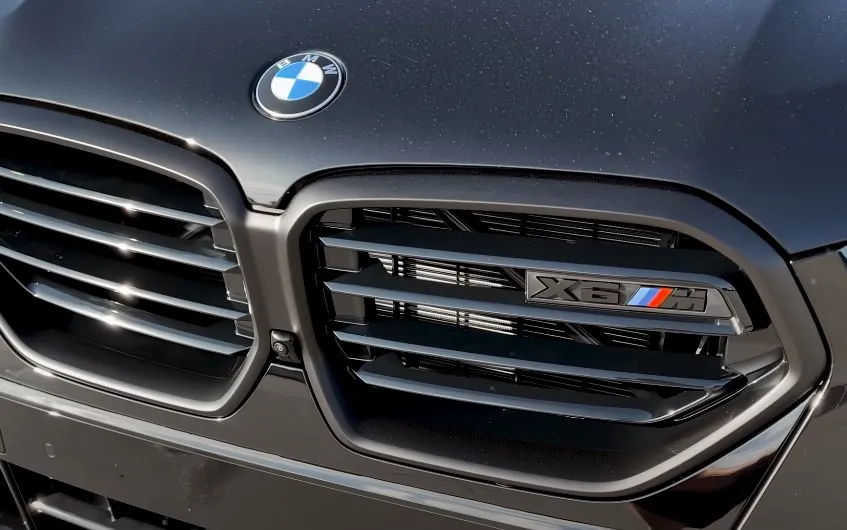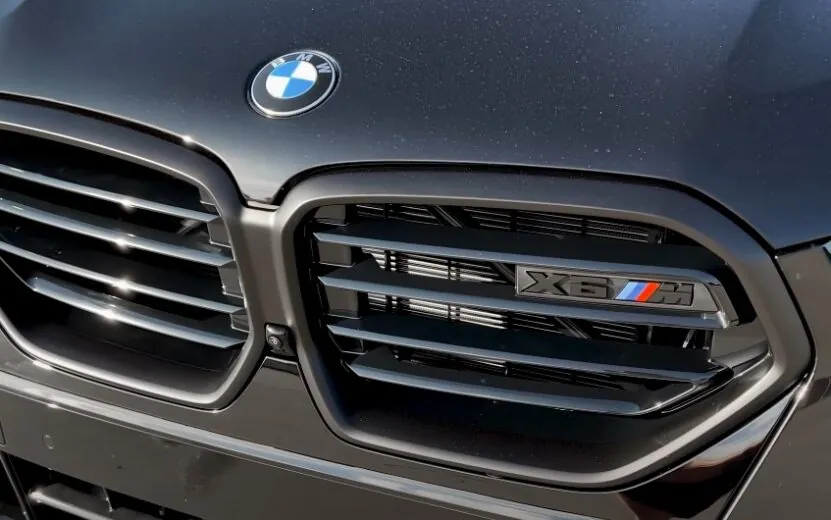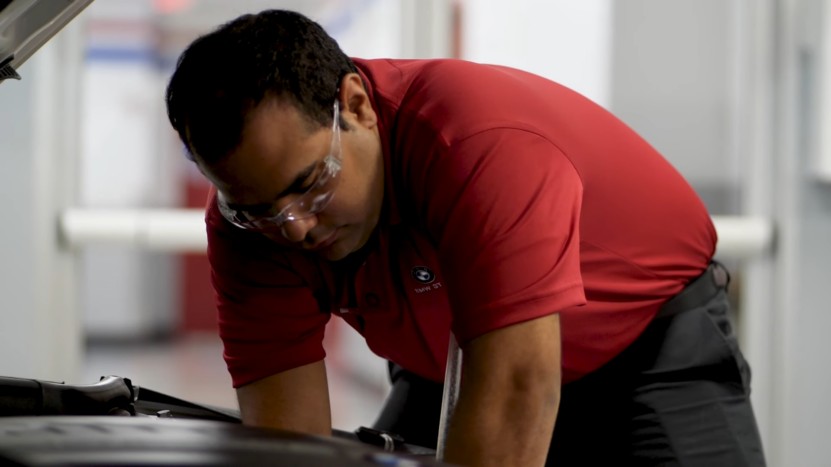
Share Post:
Ever found yourself scratching your head over where to take your beloved BMW or that shiny new Porsche for a tune-up? Yeah, been there.
European cars aren’t just vehicles; they’re a statement, a lifestyle, and let’s face it, a bit of a diva when it comes to maintenance. Not every grease-stained garage down the street is equipped to handle these beauties.
So, let’s cut to the chase and talk about what really matters when hunting for that specialist who won’t mess up your ride.
Table of Contents
ToggleSpecialized Training Isn’t Just a Fancy Certificate
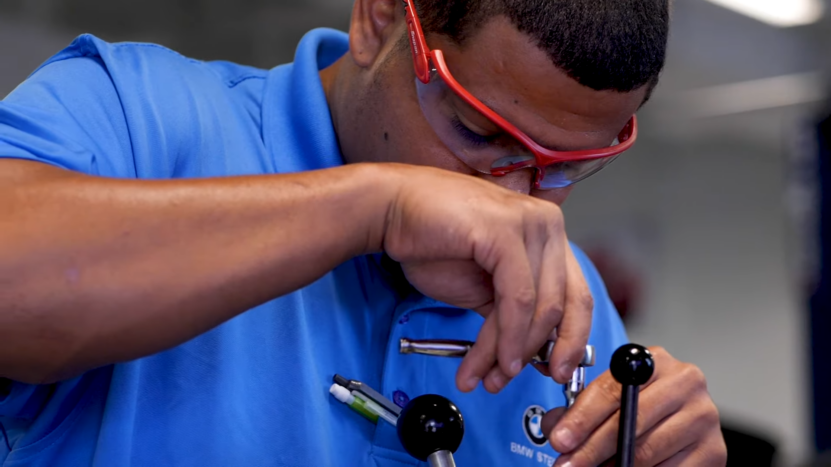
First off, European cars are a different breed. They’ve got more quirks than your eccentric uncle at Thanksgiving dinner.
So, the mechanic who changes the oil on your neighbor’s pickup probably won’t cut it. Look for technicians with Automotive Service Excellence (ASE) certification, specifically those who’ve dabbled in European automotive systems.
Some brands even have their own training programs. BMW has its own secret club, the BMW-specific training programs, and Volkswagen boasts the Volkswagen Academy.
Mechanics who’ve jumped through these hoops know the ins and outs of brand-specific systems and diagnostics. They’re less likely to poke around cluelessly under your hood.
And if you’re wondering where to find such experts, brisbaneeuroservice is a prime example of a shop where mechanics have actually gone through BMW’s rigorous training—not just a weekend course at the local community college.
Experience with European Brands
Certifications are cute, but have they actually gotten their hands dirty with European cars? Years of experience handling the likes of Mercedes-Benz, Audi, and Porsche mean they’ve probably seen—and fixed—it all.
They’ll know that German cars often need specific diagnostic tools and that British cars, like Land Rovers, can have electrical systems as reliable as a politician’s promise.
An experienced mechanic understands the high-performance engines, advanced electronics, and luxury features that make these cars both a dream and a nightmare.
What to Look For
- Brand Specialization: Do they specialize in European cars or is it just a side hustle?
- Track Record: How long have they been dealing with European models?
The Right Tools for the Job

European cars aren’t impressed by generic diagnostic tools. They require specialized equipment to communicate with their complex computer systems. For instance, BMW uses the ISTA (Integrated Service Technical Application) software, and Mercedes-Benz needs the STAR diagnostic system.
If your mechanic doesn’t have access to these manufacturer-approved tools, they’re basically playing a guessing game. And guess who pays for that? Yep, you do.
Must-Haves
- Manufacturer-Approved Tools: If they whip out an old scanner that looks like it predates the internet, run.
- Up-to-Date Software: Technology moves fast; so should they.
Genuine Parts Matter More Than You Think
Your European car isn’t the place for knock-off parts. Using genuine or OEM (Original Equipment Manufacturer) parts keeps your car running like the well-engineered machine it is. Non-genuine parts can turn your high-performance vehicle into an underperforming mess.
Pro Tip
- Ask About Parts: Do they use genuine or OEM parts? If they hesitate, you have your answer.
Maintenance Schedules
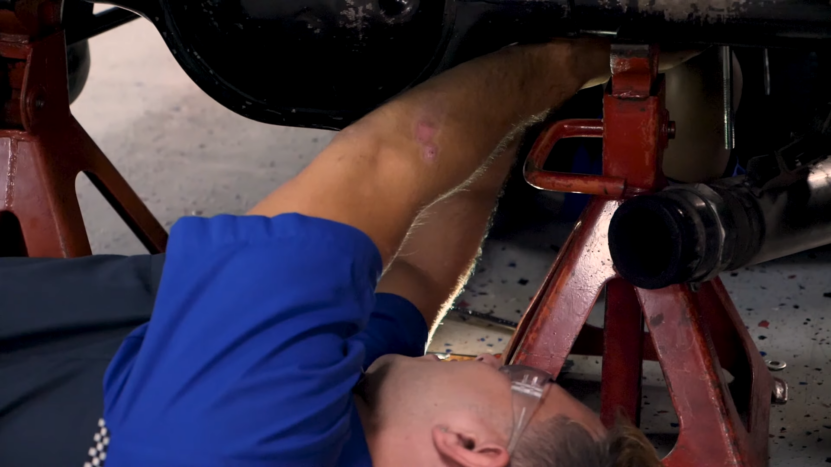
European cars often have different maintenance schedules compared to their American or Asian counterparts. Brands like Mercedes-Benz and BMW rely on sensors to determine when maintenance is needed.
Oil changes might be less frequent, and services like brake fluid changes happen based on the car’s condition, not just mileage.
A specialist will be familiar with these quirks and keep your car in top shape without unnecessary visits.
What They Should Know
- Brand-Specific Schedules: If they suggest an oil change every 3,000 miles, they’re stuck in the past.
- Sensor-Based Maintenance: They should understand how your car tells them what it needs.
The Devil’s in the Details
European cars are precision machines. Even minor issues can throw off performance. You want a mechanic who pays attention, doesn’t cut corners, and takes the time to get things right.
This also extends to customer service. They should explain what’s going on, provide clear cost estimates, and communicate any potential issues. If they’re too busy to talk, they’re too busy to care.
Signs of a Detail-Oriented Mechanic
- Thorough Inspections: They don’t just kick the tires and call it a day.
- Clear Communication: No jargon-filled monologues that leave you more confused.
Reputation Speaks Volumes

In the age of the internet, there’s no excuse for not doing a little homework. Check out reviews on Yelp, Google, or specialized automotive forums. See what other European car owners are saying.
Online communities and forums dedicated to specific brands are gold mines for recommendations. If a mechanic has a fan club among BMW enthusiasts, that’s a good sign.
How to Vet Them
- Read Reviews: Look for patterns. One bad review among hundreds isn’t a deal-breaker, but consistent complaints are.
- Ask Around: Fellow European car owners are your best resource.
Proximity to Dealerships and Suppliers
Sometimes, your car needs a part that’s not sitting on a dusty shelf in the back. Mechanics located near dealerships or with direct access to European parts suppliers can get what they need faster.
Some specialists have relationships with dealerships, which can be a lifesaver when you need a rare part that’s otherwise stuck in customs somewhere.
Benefits
- Faster Repairs: Less waiting around for parts to ship from who-knows-where.
- Better Access to Parts: They can get their hands on the hard-to-find stuff.
Warranties

A reputable mechanic stands behind their work. They should offer warranties on both labor and parts. This isn’t just a safety net for you; it shows they have confidence in their skills.
Before any work begins, ask about warranties. If they look offended or dodge the question, that’s a red flag.
Key Points
- Labor Warranty: Covers the work they did.
- Parts Warranty: Ensures the parts won’t fail the minute you drive away.
Customer Service
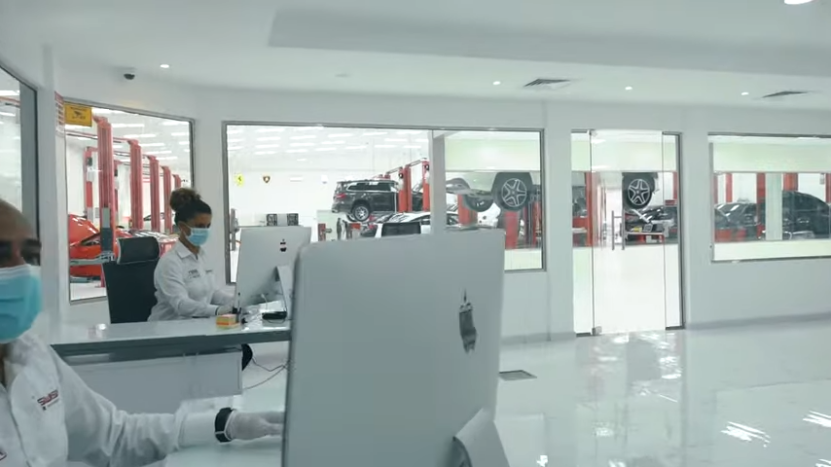
At the end of the day, you want a mechanic who treats you well. They should provide detailed explanations, written estimates, and realistic timelines. Repairs on European cars can be pricey and time-consuming; the least they can do is keep you in the loop.
Good communication reduces stress and builds trust. If they can’t be bothered to pick up the phone or respond to an email, imagine how they’ll handle your car.
What to Expect
- Transparency: No hidden fees or surprise charges.
- Responsiveness: They get back to you in a reasonable time frame.
The Bottom Line
Finding the right specialist for your European car isn’t just about keeping the engine running. It’s about preserving the performance, luxury, and integrity of a finely tuned machine. Don’t settle for less.
Do your homework, ask the tough questions, and trust your gut. After all, your car deserves the best, and so do you.
Related Posts:



